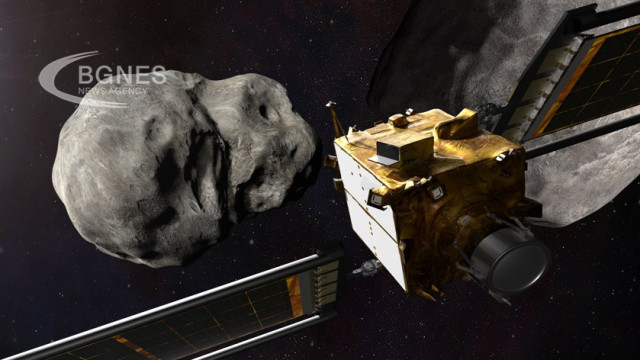As space exploration becomes more common, companies such as AstroForge, Trans Astronautica Corporation and Karman+ are considering mining valuable resources from asteroids. A recent study by economist Ian Lang of the Colorado School of Mines indicates that space mining could potentially overtake terrestrial mining in the supply of important metals within the next 30-40 years.
The implications of space mining are huge as it offers a sustainable solution to meet the growing demand for minerals critical to various industries while minimizing the social and environmental costs associated with traditional mining. The idea of mining minerals from asteroids may sound like science fiction, but it is justified by the potential they hold, reports ARS Technica.
These space rocks are full of important metals like cobalt, nickel, iron, platinum and more. Lang's research revealed that metallic asteroids contain over a thousand times more nickel per metric ton than the Earth's crust. With the growing need for these metals in electronics, clean energy technologies and electric vehicles, the prospect of space mining is becoming increasingly attractive.
The environmental and social costs associated with mining minerals on Earth, such as forced labor and environmental damage, raise serious concerns compared to mining in space. The Democratic Republic of Congo, which accounts for 70% of cobalt production, is notorious for child labor and human rights abuses. In contrast, asteroids are lifeless rocks and offer a more ethical solution to resource extraction.
Compared to deep-sea mining, which poses environmental risks to aquatic organisms and fragile ecosystems, space mining seems a more acceptable compromise to the general public. However, there are several challenges and ethical considerations that need to be addressed before scientists can begin extracting resources from asteroids.
One of the main challenges is the lack of a legal framework to regulate the mining of minerals in space. Space ethicists advocate for responsible mining practices that do not fragment asteroids and ensure a fair distribution of resources. The US-led Artemis accords currently provide the basis for rules for lunar exploration, but more comprehensive regulations are needed for asteroid mining.
Before space mining can begin, more comprehensive data on potential asteroid targets is needed. This includes understanding the types and quantities of minerals, the technical challenges involved in extracting them, and the complexities of transporting these valuable resources back to Earth. Moreover, obtaining this information is a difficult task.
Sending a research team to the asteroids for tasks such as capturing high-resolution images or obtaining nuclear samples is impractical. As a result, companies rely on data from ground-based telescopes. But the next major step in making space mining a reality involves sending specialized spacecraft to perform in-depth research.
So far, AstroForge has succeeded where previous ventures have failed. Based in Los Angeles, the company is focusing on space mining of M-type metal asteroids, known for their rich reserves of platinum group metals. CEO Matt Jalich reveals that meteorites, which are essentially the remains of asteroids, often reach Earth. The company's strategy includes extracting refined materials from these asteroids by the end of the decade. /BGNES




 24 06 2024.webp)

